Stop Viruses, Bacteria, and Airborne Pathogens from Ruining Your Home
Houses all over the country have low standards of air quality, leading to a spike in airborne illnesses due to harmful pathogens, VOC gases, and stale air. These nuisances can stay trapped in your house for months on end, spreading illness and dragging down air quality standards.
Most people feel like there’s nothing they can do about it when, in fact, there’s a perfectly simple solution to it.
QuietCool Whole House Fans are incredibly energy-efficient fans with whisper-quiet technology that can resolve these problems in a jiffy. Once you switch them on, they’ll pull in a large amount of fresh air from any opened windows, circulating them throughout your house and into the attic, finally being released out through the air vents of the attic. It’s a powerful thermal mass cooling process that replaces the entire air in your house completely in less than 4 minutes.
It’s a known fact that keeping your doors and windows shut all the time with just the A/C on is a way to spread illnesses throughout the entire family. QuietCool Whole House fans have been specifically designed to pull in cool, clean air only from the outside. This is way more hygienic than reconditioning the same air multiple times.
A lot of people have no idea of how polluted their homes are. Everything may seem fine right now, but stale air is a silent killer. It’s astounding how so many people do nothing about the quality of the air they breathe in. QuietCool Whole House Fans eliminate the polluted air accumulated in your house, thus raising your air quality standards.
This issue assumes more significance in light of the fact that the coronavirus pandemic has forced Americans to spend over 90% of their day inside their homes. People with pre-existing health conditions and older adults are vulnerable to airborne diseases, pathogens, and pollution, which is a major cause for concern if you’re spending all your time indoors.
Most cooling systems available right now do not have the tech to improve the air quality of the circulated air.
The good news is having access to clean air doesn’t require expensive energy bills or toxic chemicals. Fresh air is available right outside the door – it’s just a matter of getting it in your home. The EPA recently stated that indoor pollution levels were 200% – 500% higher compared to the outdoor air quality levels of even major metropolitan cities such as Bakersfield or Los Angeles.
The CDC recommends people practice these five safety measures to protect themselves from viruses and infections:
- Open windows to increase ventilation
- Disinfect important surfaces like handrails, tables, and doorknobs regularly.
- If you touch your face constantly, create reminders and habits to eliminate this bad habit.
- Cover your sneezes and coughs
- Sanitize your hands upon entering your house
It’s not just the CDC that recommends better ventilation practices to protect against diseases and enjoy improved air quality standards at home.
The Lung Association states that effective ventilation practices can keep pollutants, viruses, and bacteria from taking over your house. Research has proven that improved ventilation and airflow practices can prevent diseases from spreading indoors. Stagnant air is a breeding ground for germs and diseases. Just like your lungs, your house also needs to breathe regularly to remove dirty air. Stagnant indoor air may also cause high levels of dust, gases, odors, moisture, and other pesky air pollutants. Infusions of fresh air from the outdoors can dilute indoor pollutants and make your home safer.
Harvard recently declared that proper ventilation could prevent bacteria and viruses from spreading indoors. The recirculation of air in homes, offices, and other buildings, puts the entire population in the building at greater risk during an outbreak. Even basic ventilation can go a long way in cutting influenza transmission – it’s the equivalent of having 50% – 60% of the building’s occupants vaccinated.
QuietCool Whole House fans have been designed to complement a building’s ventilation and must be turned on frequently to improve the air quality of the building. Utilizing clean air from the outside will also reduce your A/C related bills and prevent airborne pathogens from spreading all over the place. It’s a win-win.
Instead of living with polluted, pathogen-ridden air and subpar cooling, get yourself a QuietCool Whole House Fan that offers massive savings and a healthier home.
Check out peckheatingandair.com to find out more about the benefits of our products and how to get one installed in your home.
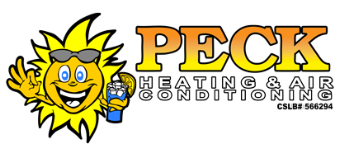
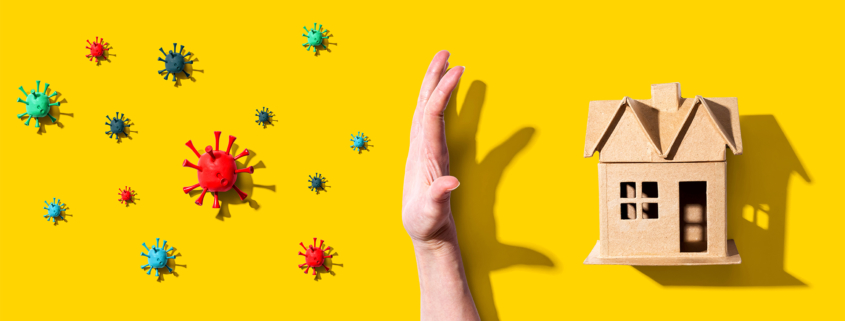
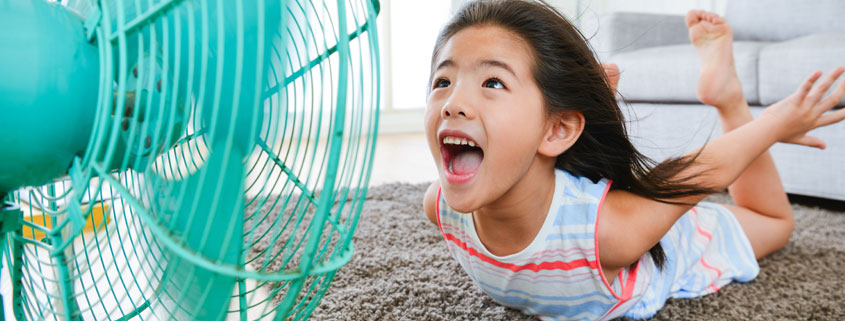
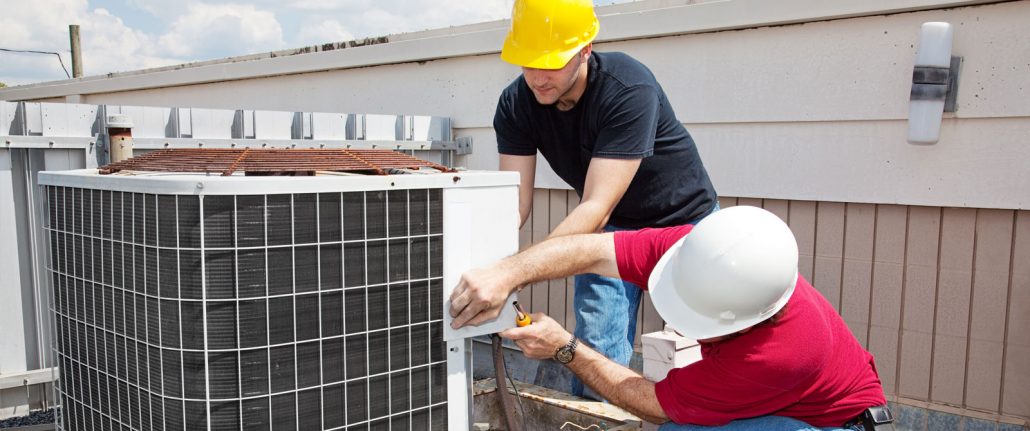
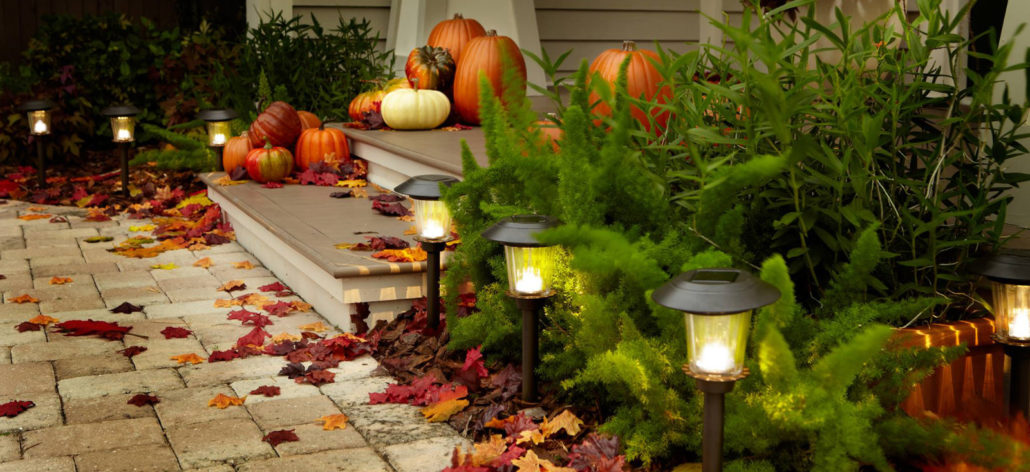
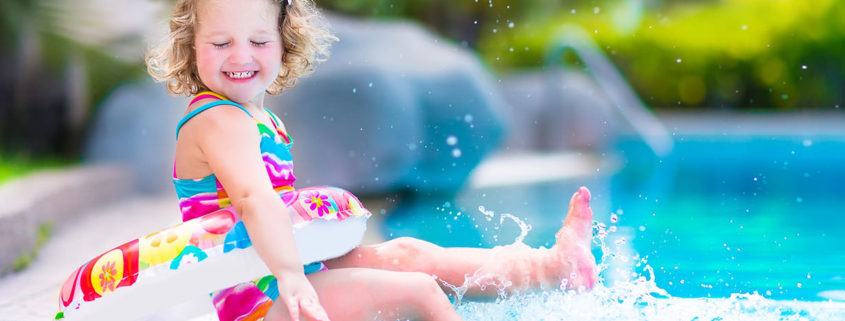


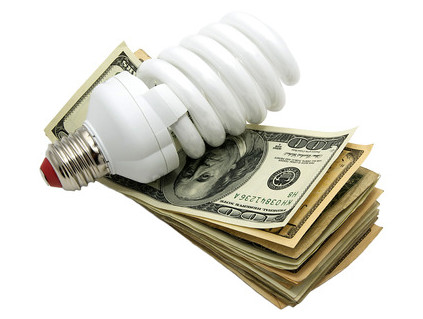
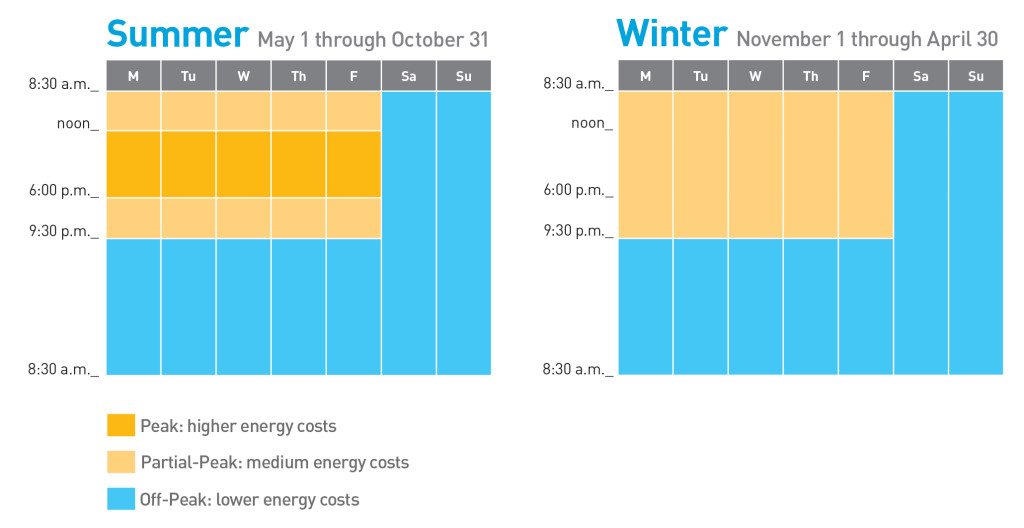
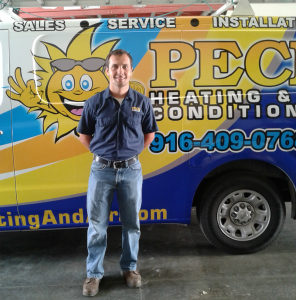 conditioning contractor been serving the Greater Sacramento area?
conditioning contractor been serving the Greater Sacramento area?
